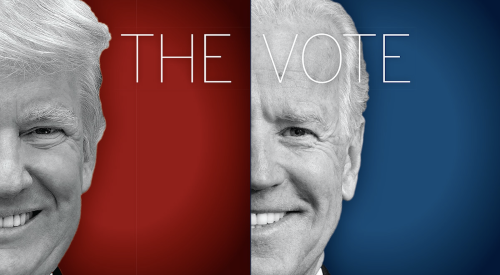Homeownership has long been considered part of achieving the American Dream, but can it be both affordable and a great investment?
Senior fellow at urban research think-tank City Observatory Daniel Hertz says that the two goals of achieving affordability and great return on investment, while often thought of as simultaneously attainable, are in fact mutually exclusive. Hertz outlines for CityLab the ways in which housing can be a wealth-building tool, "a massive up-front transfer of wealth from younger people to older people, on the implicit promise that when those young people become old, there will be new young people willing to give them even more money," mostly accessible to the well-to-do, pricing out many from the market. "In other words, possibly the only thing worse than a world in which homeownership doesn’t work as a wealth-building tool is a world in which it does work as a wealth-building tool."
Hertz illustrates that homeownership as wealth-building and housing affordability, central to U.S. housing policy, are "fundamentally at odds," adding that housing policy ultimately redounds on the wealth-building aspect, and less on affordability, making the nation's policies counterproductive. "While funds for low-income subsidized housing languish, much larger pots of money are set aside for promoting homeownership through subsidies like the mortgage interest deduction and capital gains exemption, most of which goes to upper-middle- or upper-class households."
Promoting homeownership as an investment strategy is a risky proposition. No financial advisor would recommend going into debt in order to put such a massive part of your savings in any other single financial instrument—and one that, as we learned just a few years ago, carries a great deal of risk. Even worse, that risk isn’t random: It falls most heavily on low-income, black, and Hispanic buyers, who are given worse mortgage terms, and whose neighborhoods are systematically more likely to see low or even falling home values, with devastating effects on the racial wealth gap.













